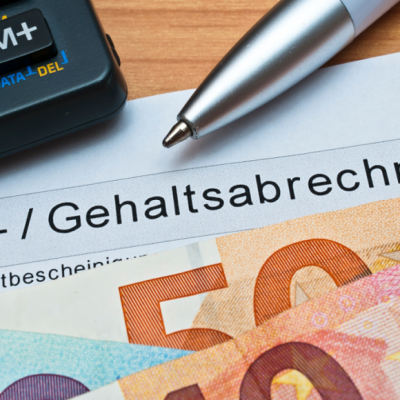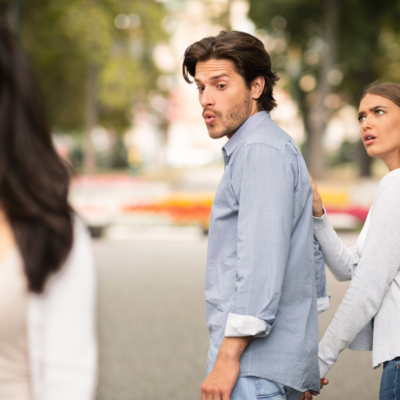According to a recent retrospective longitudinal study, people are happiest on average between the ages of 30 and 34. Surprisingly, childhood is not considered the happiest phase of life by most people. The study, conducted by economist Begona Alvarez from the Universidade de Vigo, was published in the journal Social Indicators Research. It analyzed data from the Sharelife study, which surveyed nearly 27,000 citizens from Austria, Belgium, the Czech Republic, Denmark, France, Germany, Greece, Italy, the Netherlands, Poland, Spain, Sweden, and Switzerland. The participants were born between 1928 and 1958 and were at least 50 years old at the time of the survey. They were asked about their health, retirement, and the period of their life that they considered the happiest.
Less than half of the participants answered positively to the question, “Was there a specific time in your life when you were happier than the rest of your life?” However, there were significant regional differences, with the highest percentage of people identifying a happiest phase in France (74%) and the lowest in Denmark (36%). The study also found significant differences between men (39%) and women (48%). Interestingly, only a small percentage of those who identified a particularly happy phase in their life (5%) chose childhood, even among those who experienced war times. Alvarez attributes this to the difficult times in Europe during the first half of the 20th century.
The likelihood of experiencing a particularly happy phase of life increases with age, with the peak occurring between the ages of 30 and 34. Around 30% of women and 25% of men identified this period as their happiest. “The early 30s are the life stage with the highest chances of being the happiest period, although the probability remains relatively high in neighboring age groups,” says Alvarez. However, the curve of happiness decreases steadily in both genders in old age, regardless of birth year or nationality.
In conclusion, the study challenges the common belief that childhood is the happiest phase of life. Instead, it suggests that people are happiest in their early 30s, with the likelihood of experiencing a particularly happy phase increasing with age. The study also highlights significant regional and gender differences in the perception of happiness.










